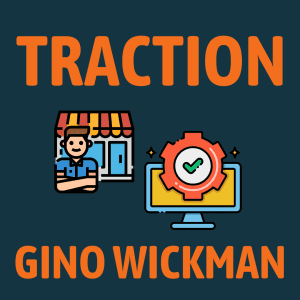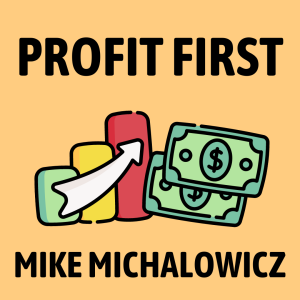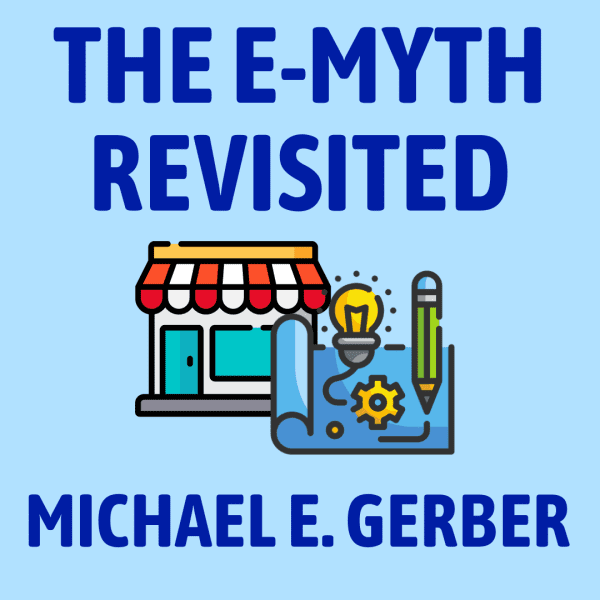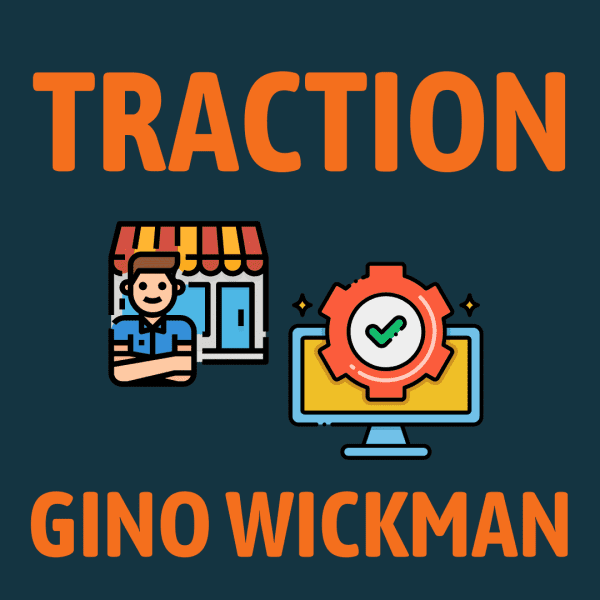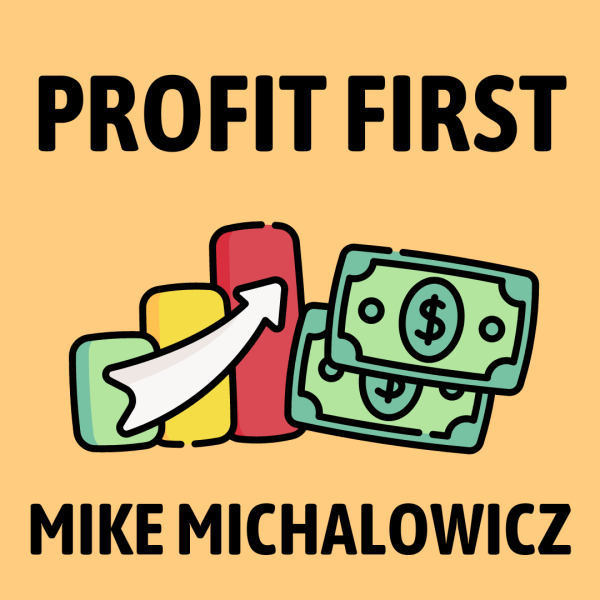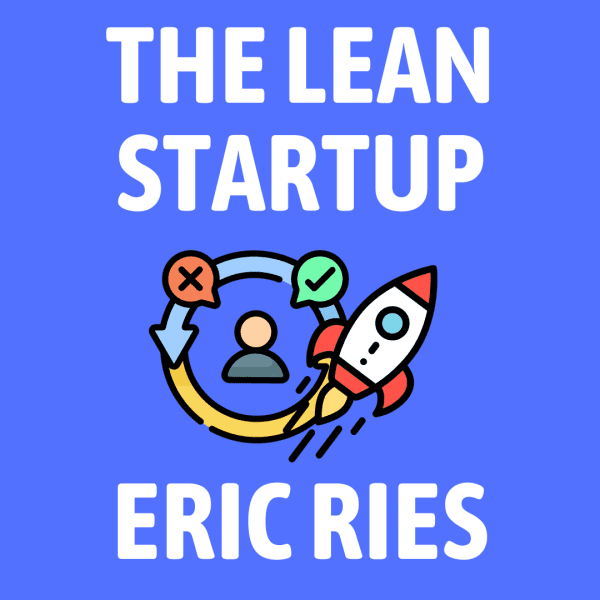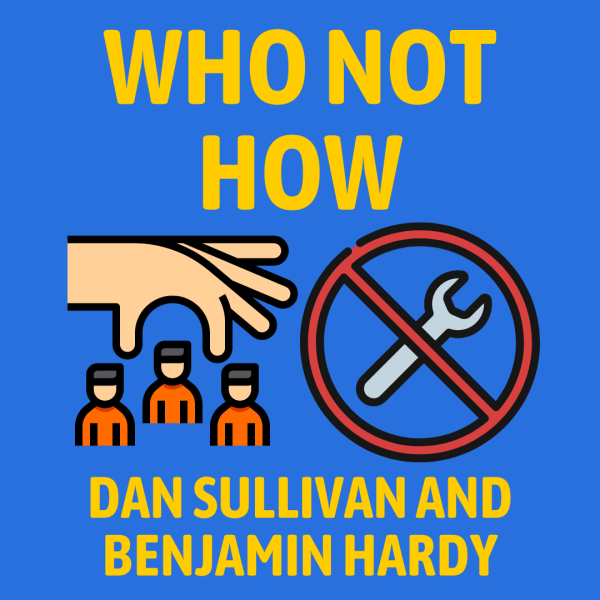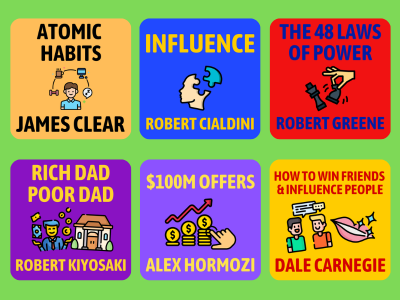The E-Myth Revisited by Michael E. Gerber is a crucial read for entrepreneurs, explaining why 80% of small businesses fail and offering invaluable strategies for success.
It teaches how to get your business to run without you, using systems and processes, that reduce your work and stress.
It shows how to work ON your business, not just IN it.
Why read it?
Decades after it was published, this book continues to be a much-recommended bestseller for entrepreneurs worldwide.
Its evergreen popularity is proof of the timeless business wisdom packed inside.
If you’ve ever questioned why running your “dream business” feels more like working a nightmare 80-hour-per-week job, then this book is what you need!
It’s like having a business coach in your pocket, telling you exactly HOW to work smarter rather than harder. (Hint: by building systems in your business.)
Traction explains an 'operating system' that can help entrepreneurs achieve more control and organization in your business.
Gino Wickman has assembled many practical management tools including: a 10-year vision, a people-grading chart, a data dashboard, a systems documentation method, and 90-day priorities called "Rocks."
Why read it?
If you're burning out trying to push your small business beyond the startup phase and into real, sustainable growth, "Traction" by Gino Wickman may be right for you.
Wickman cuts through the noise with the Entrepreneurial Operating System (EOS), a clear framework that has helped many business owners stop spinning their wheels; and finally gain the grip to drive their business forward. 🛞
"Profit First" by Mike Michalowicz introduces a simple cash management system for small businesses.
It says that by setting aside profit first—before paying expenses—you can build a business that is more consistently profitable and financially healthy.
Why read it?
Profit first may be a game-changer for many small business owners.
It offers a straightforward approach to managing business finances by prioritizing profit.
If you're looking to improve your company's financial health without getting bogged down in complex accounting, I highly recommend giving it a read.
"The Lean Startup" by Eric Ries is about how to build new startup businesses smarter, using lean and agile methods.
It emphasizes launching a Minimum Viable Product, gathering customer feedback with scientific tests, and pivoting based on insights.
This approach helps quickly develop valuable products that truly benefit customers.
Why read it?
If you're banging your head against the wall trying to make your startup work, "The Lean Startup" can give you a much-needed plan for success.
Eric Ries flips traditional business launch strategies upside down, arguing for a smarter, not harder, approach.
It's all about building a minimal product, getting it out there fast, "failing fast," and then tweaking it based on real feedback. (Rather than perfecting something in a vacuum and hoping it flies.) Think of it like playing a video game where you get a bunch of lives to keep trying. 🎮
Who Not How by Dan Sullivan and Benjamin Hardy teaches that success isn’t just about working harder—it’s about finding the right people to do things for you.
That means when you face a challenge, instead of asking, “How do I solve this?” you should ask, “Who can help me solve this?”
Why read it?
You should read this because you’re doing way too much, and it’s slowing you down.
Seriously—Who Not How is like a slap in the face (in the best way) for anyone who thinks “working harder” is the answer.
If you’ve ever tried to do everything yourself—build the business, write the emails, fix the printer, make the coffee—this book will hit you like a revelation.
It’s not about being the hero; it’s about finding your Whos—the people who can do what you suck at (or just don’t want to do).
You’ll finally understand how to grow faster, stress less, and stop being the bottleneck in your own life.
Read this if you’re ready to get out of your own way—and maybe finally take a real weekend off.


